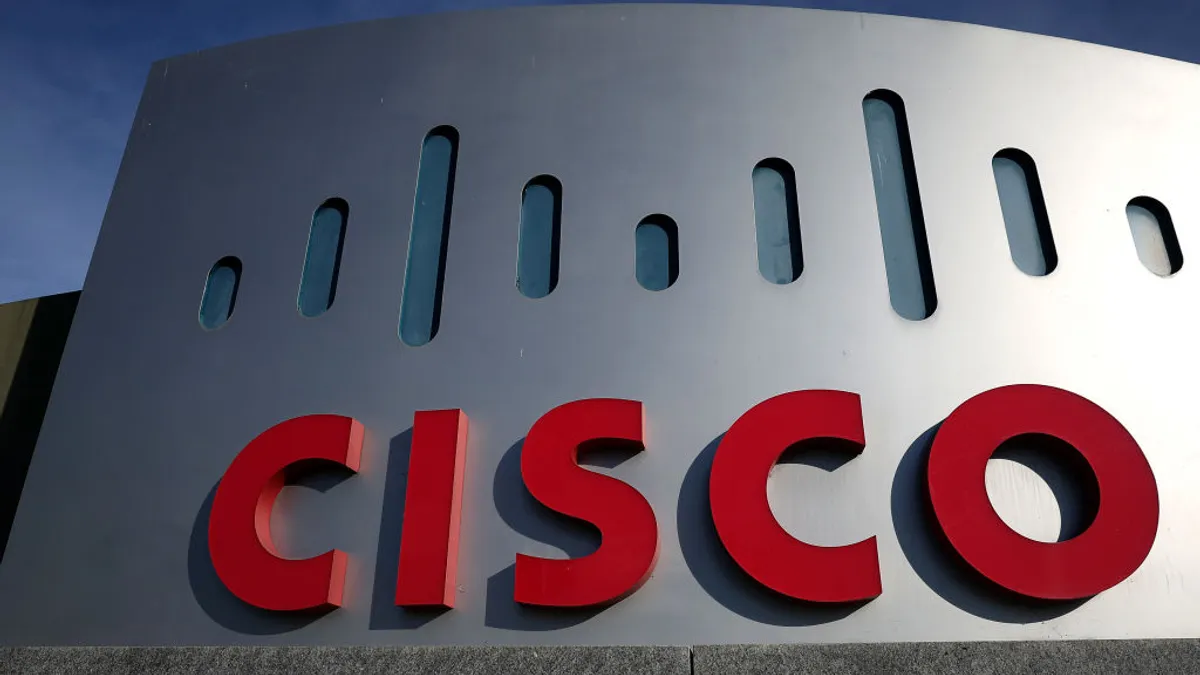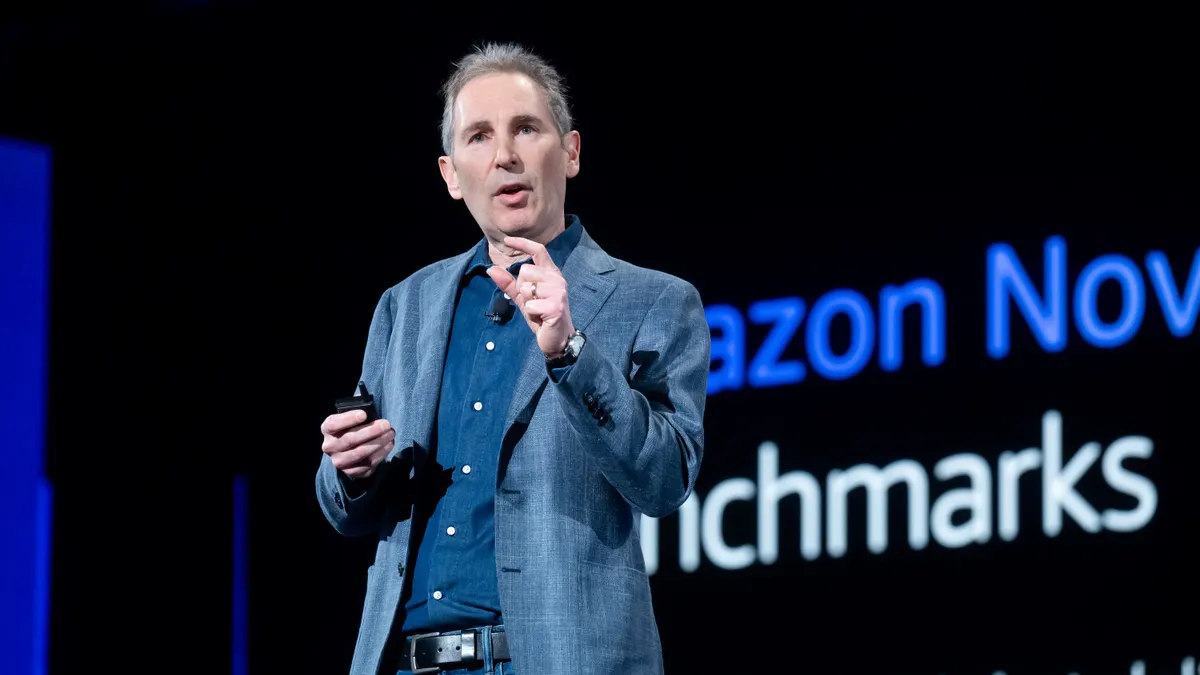Generative AI is poised to become one of the main drivers of CX this year, with applications ranging from better personalization to faster and more efficient customer service.
With the technology still in its early stages, companies shouldn’t let hype override caution, experts told CX Dive.
Still, CX leaders are already experimenting with the possibilities. More than two-thirds of organizations are already rapidly piloting or deploying generative AI tools for better customer experience in a myriad of ways, according to Gartner research released in August.
Where generative AI appears to be most mature is helping retailers comb through data for better personalization, improving automations and aiding call center support.
Crunching data for better personalization
One of the core use cases will be crunching data on a previously unprecedented scale, according to Nicole Greene, VP analyst at Gartner’s marketing practice.
“Generative AI's ability to process large volumes of organizational and first-party data allows brands to identify customer objectives faster and deliver more personalized experiences,” Greene said in an email to CX Dive. “This will unlock new sources of customer loyalty, engagement, and value while reducing customer effort.”
This can form the foundation for a broader generative AI strategy. Businesses can take full advantage of AI to not just keep up with customer expectations but surpass them on multiple fronts, according to Julie Geller, principal research director at Info-Tech Research Group’s SoftwareReviews division.
“Personalizing customer interactions, automating responses and crafting content tailored to individual customer inquiries and preferences are essential for delivering exceptional service and ensuring a comprehensive CX journey,” Geller said in an email to CX Dive. “Consumers are increasingly less forgiving when it comes to a one-size-fits-all approach.”
McDonald’s is on the forefront of generative AI-powered personalization. By tapping into information from hundreds of millions of customers, the restaurant is able to use AI to create thousands of customer cohorts that it can then target with better personalization.
Over time, the data benefits can run even deeper. Experts will be able to use their understanding of customer segments to design an effective feedback loop with tailored experiences that add value through a customer’s lifecycle, according to Geller.
“AI will help practitioners consider how each aspect of the customer experience can be optimized for not just acquisition but also retention, expansion and advocacy,” she said.
Live and automated queries may see a generative AI boost
Generative AI may also play a key role in the post-purchase experience by making customer inquiries smoother for consumers and agents alike. The technology has applications for both self-service and live calls and can assist in moving customers between the two channels.
The technology can make chatbots more humanlike, creating a better experience for those who prefer self-service, according to Manik Bhatia, head of co-branded research at Coresight Research. He noted that newer chatbots will be more creative and innovative than their older cousins.
If a live agent is needed for a particularly complex problem, AI can also ensure the transition from chatbot to agent is smooth for both parties, according to Bhatia. The technology can ensure the agent has the right information, such as a customer’s past inquiries, so a customer doesn’t have to keep repeating themselves.
“The key [is] to ensure that the customer feels heard and valued,” Bhatia said in an email to CX Dive.
Generative AI will continue to assist even after a call is in the hands of live agents. Greene noted that the technology’s ability to handle natural language inquiries can make it easier for customer support teams to find the information customers want, no matter how they phrase it.
Generative AI is not a CX panacea
Despite the possibilities, leaders should be prepared to face some hiccups along the way. While the potential use cases are numerous, the tech is still in a “beta” state, according to Leah Leachman, senior director analyst at Gartner’s marketing practice.
“I think that it is lofty to say that AI will revolutionize CX or be the panacea that will solve for the fundamental barriers that many organizations have when it comes to progressing the maturity of their CX programs,” Leachman said in an email to CX Dive.
Leachman believes CX leaders should be looking at how AI can improve customer experiences, rather than assuming it will. The most relevant applications will be related to productivity and automation for tasks like scaling content and reducing friction in self-service or digitally assisted service, she said.
Caution toward the burgeoning technology is shared by some companies. Target is among those choosing to wait and see how it can adapt the possibilities of generative AI for its own needs rather than forge ahead with unproven strategies.
While strategies for better personalization are already being put to the test, Greene believes that there will be even more benefits available as the technology matures. The full breadth of possibilities, she said, are “still on the horizon.”





















